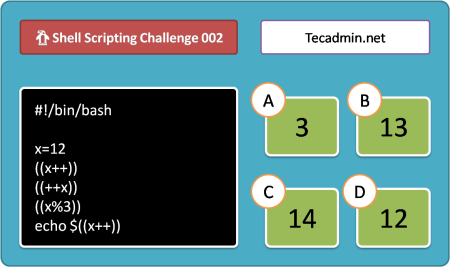When working with configuration files or scripts, it is common to use comment lines to explain the purpose of different sections of the file. In many cases, these comments can be ignored or removed from the file, especially when sharing the file with others or running the script. In this article, we will explore how to delete all lines beginning with a # from a file using several methods.
Method 1: Using sed
Sed is a powerful stream editor that can be used to perform a wide range of text transformations on an input stream. To delete all lines beginning with a # using sed, we can use the following command:
1 | sed -i '/^#/d' input_file |
where -i option tells sed to edit the file in place, and /^#/d is the expression that deletes all lines beginning with a #. For example, if we want to delete all lines beginning with a # from a file called “data.txt”, we can use the following command:
sed -i '/^#/d' data.txt
This will remove all lines beginning with a # from the file “data.txt”.
Method 2: Using grep
Grep is another popular command-line tool for searching and manipulating text. To delete all lines beginning with a # using grep, we can use the following command:
1 | grep -v '^#' input_file > output_file |
where -v option tells grep to invert the match and select all lines that do not begin with a #, and ^# is the pattern that matches all lines beginning with a #. For example, if we want to delete all lines beginning with a # from a file called “data.txt”, we can use the following command:
grep -v '^#' data.txt > output_file.txt
This will create a new file called “output_file.txt” that contains all lines from “data.txt” that do not begin with a #.
Method 3: Using awk
Awk is a powerful text processing tool that can be used to manipulate text files. To delete all lines beginning with a # using awk, we can use the following command:
1 | awk '!/^#/' input_file > output_file |
where !/^#/ is the pattern that matches all lines that do not begin with a #. For example, if we want to delete all lines beginning with a # from a file called “data.txt”, we can use the following command:
awk '!/^#/' data.txt > output_file.txt
This will create a new file called “output_file.txt” that contains all lines from “data.txt” that do not begin with a #.
Conclusion
Deleting all lines beginning with a # from a file is a common task when working with configuration files or scripts. With sed, grep, and awk, you can quickly and easily remove these lines from your files. Each tool has its own advantages and disadvantages, so it is up to you to choose the one that best fits your needs.

